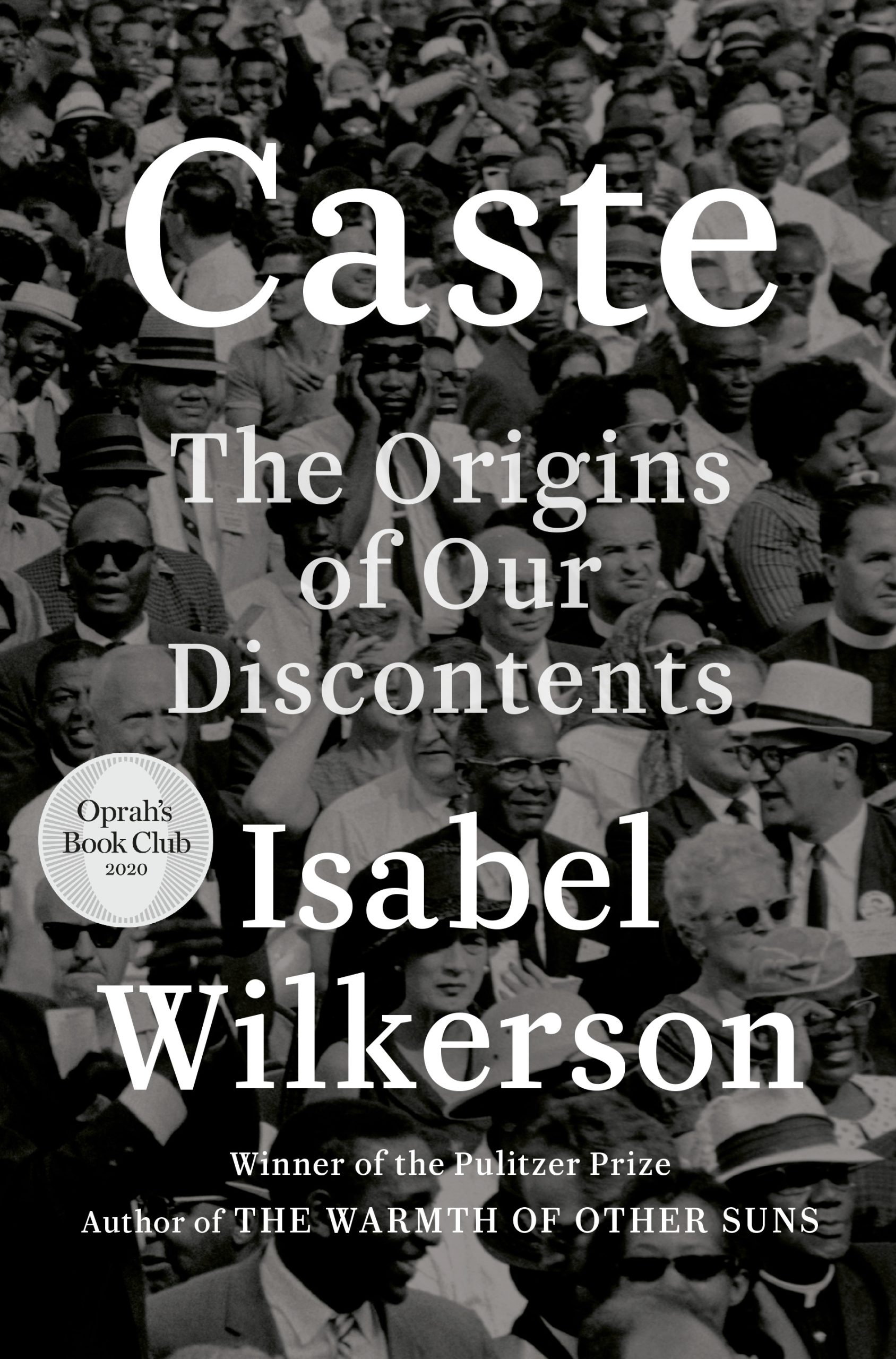
Isabel Wilkerson’s Caste: The Origins of Our Discontents is not just a book it is an unflinching dissection of the hidden social architecture that has shaped America’s history and continues to define its present. In this profoundly researched and emotionally charged work, Wilkerson exposes the invisible scaffolding that underlies systemic inequality: a caste system built on hierarchy, power, and human division.
The Pulitzer Prize–winning author of The Warmth of Other Suns expands her exploration of race and identity by situating America alongside two of the world’s most infamous caste systems those of India and Nazi Germany. Through this comparison, she argues that racism in America is not merely a social prejudice or moral failing, but a deeply entrenched system of ranking human value. This revelation is both chilling and transformative, forcing readers to see that the brutal logic of caste, rather than race alone, governs much of American life.
Wilkerson’s writing moves between history, storytelling, and personal reflection. She draws on real lives from Martin Luther King Jr. to ordinary citizens and reveals the daily indignities and silent cruelties that uphold caste divisions. Her descriptions of violence and dehumanization are intentionally jarring, confronting the reader with the continuous thread of oppression that runs from slavery to the present day. Whether she is recounting how Nazis studied American segregation laws to design their racial codes, or how modern political divisions echo the fears of status loss among the dominant caste, her narrative remains as sharp as it is unsettling.
Several readers have called Caste one of the most important books of the 21st century. It challenges the comforting illusion that the United States is a post-racial society. As one reviewer insightfully observed, even the election of Barack Obama did not signal the end of racial hierarchy; instead, it triggered an intense backlash, a reassertion of caste boundaries. The book’s exploration of political behavior why some people vote against their own material interests finds a disturbing answer in the psychology of caste. As Wilkerson explains, many cling to the privileges of belonging to a “superior” group, even at great personal cost.
Another unforgettable insight comes from her discussion of “zero-sum thinking.” In a caste society, equality feels like loss; the rise of one group is perceived as the fall of another. This psychological trap, which has fueled countless political and social conflicts, helps explain the resentment that persists even in the face of shared hardship.
Wilkerson’s style is elegant and metaphorical. Some readers have noted that the opening chapters feel dense, filled with extended analogies that liken caste to an old house or a virus. Yet these metaphors eventually cohere into a powerful framework that gives the book its intellectual and emotional force. Once she moves past the conceptual groundwork, the narrative becomes both gripping and revelatory, combining historical research with moral urgency.
Caste is not an easy read nor should it be. It demands patience, reflection, and a willingness to confront the darkest corners of history and human nature. But its reward is immense: clarity. Wilkerson gives us the language to describe what many have felt but could not fully articulate. She makes visible the hidden rules that govern our interactions and the costs of maintaining an unjust order.
In a time when polarization, fear, and denial threaten to tear societies apart, Caste stands as an essential guide for understanding not just America, but the human condition itself. It is both a history lesson and a moral mirror, urging us to see how deeply hierarchy is woven into our collective consciousness and how necessary it is to dismantle it.
If you read one book to understand the true roots of inequality in America, let it be this one.


